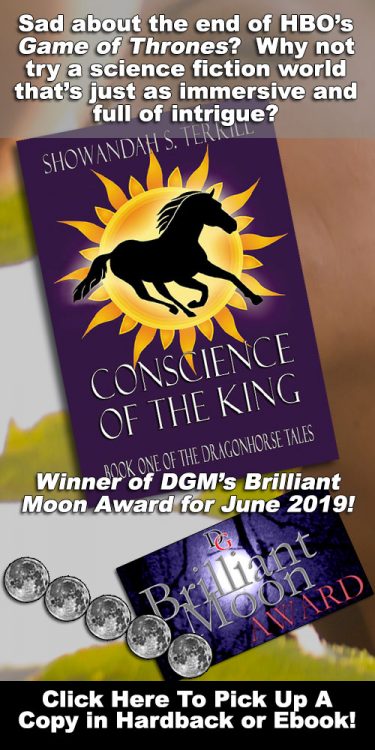In recent years, there has been a growing visibility of transgender individuals in popular culture. Two recent examples of this are the public gender transitions of actors Elliott Page and Suzy Eddie Izzard. Both have been widely celebrated and have raised important questions about the visibility of transgender issues in American culture.
Elliott Page, known for his roles in Juno, The Umbrella Academy, and Inception, announced his transition in December 2020. In a heartfelt statement on social media, Page shared his journey and his desire to live authentically as a transgender man. He wrote, “I love that I am trans. And I love that I am queer. And the more I hold myself close and fully embrace who I am, the more I dream, the more my heart grows and the more I thrive.”
Similarly, Eddie Izzard, a British comedian and actor, has been open about her gender identity since the 1990s but announced a public gender transition in December 2020. In an interview with The Guardian, she shared her experience of being nonbinary and said, “I’m gender fluid. I just want to be based in girl mode from now on.” Izzard has long been a vocal advocate for LGBTQ+ rights and has used her platform to promote equality and acceptance. Just a few days ago, she officially designated her preferred named to be Suzy Eddie Izzard.
The visibility of transgender individuals in popular culture has the potential to have a significant impact on how the broader culture understands and accepts transgender people. The more transgender people are represented in mainstream media, the more the public will be exposed to the issues that they face, such as discrimination, harassment, and violence. Additionally, the more transgender people are visible, the more they will be seen as a normal and valued part of society, rather than as an oddity or an anomaly.
There is no doubt that the visibility of transgender issues has increased in recent years, but there is still a long way to go. According to the National Center for Transgender Equality, transgender people face high rates of discrimination in employment, housing, healthcare, and education. They are also at increased risk of violence, with transgender women of color being particularly vulnerable. Despite this, many people in the United States have little understanding of what it means to be transgender and may hold negative attitudes towards transgender people.
The public gender transitions of individuals like Elliott Page and Suzy Eddie Izzard can play an important role in changing these attitudes. By sharing their stories and being open about their gender identity, they can help to break down stereotypes and increase understanding of what it means to be transgender. They can also inspire other transgender people to be open about their own identity and to take steps to live authentically.
However, it is important to note that not all transgender people have the privilege of being able to come out publicly. Some may face significant barriers, such as the risk of losing their job or being rejected by their family and friends. Additionally, the experiences of transgender people are not homogeneous, and there is significant diversity within the transgender community. It is important that the media does not present a narrow and stereotypical view of what it means to be transgender and that the experiences of all transgender people are represented.
In conclusion, the public gender transitions of individuals like Elliott Page and Suzy Eddie Izzard have the potential to increase the visibility of transgender issues in American culture. By sharing their stories, they can help to break down stereotypes and increase understanding of what it means to be transgender. However, it is important to remember that the experiences of transgender people are diverse, and that not all transgender people have the privilege of being able to come out publicly. We must continue to work towards greater acceptance and equality for all transgender individuals.


